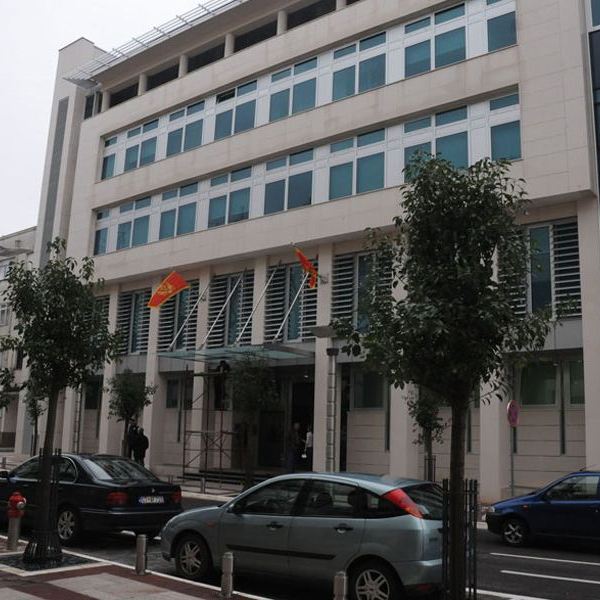 (Podgorica, 31 May 2013) – Montenegro’s tax policy in the past decade was primarily aimed at facilitating the business dealings of and securing surplus profits for domestic and global tycoons, while barely focusing on creating benefits for the country’s citizens and the overall development of the Montenegrin economy (which, as a consequence, has created a chronic budget deficit that is once again going to be resolved at the population’s expense).
(Podgorica, 31 May 2013) – Montenegro’s tax policy in the past decade was primarily aimed at facilitating the business dealings of and securing surplus profits for domestic and global tycoons, while barely focusing on creating benefits for the country’s citizens and the overall development of the Montenegrin economy (which, as a consequence, has created a chronic budget deficit that is once again going to be resolved at the population’s expense).
As MANS previously declared, the Government of Montenegro missed the chance to collect hundreds of millions of euros in taxes from these so-called ‘strategic investors,’ claiming that in doing so it was stimulating business and attracting foreign investors. All of this was done under the pretext that foreign companies will come to Montenegro, bring fresh capital, create new jobs, stimulate competition and lower the prices of goods and services, thereby stimulating the economy of the whole country.
The lowering of the corporate tax from 15% to 9% in 2005 was justified by using the above arguments, which overlapped with the arrival of ‘strategic’ investors in the Podgorica Aluminum Combine (KAP), Montenegro Telekom and the declaration that Canadian billionaire Peter Munk would be investing substantial sums in Tivat.
Given that the negotiations concerning the privatization of KAP and Telekom were mainly carried out in 2004, during which time the conversations with Peter Munk also began, it is likely that the drastic reduction in the corporate tax rate was carried out solely for the benefit of the new investors, even though it hurt the general interest.
The correctness of the decision can be judged on the KAP case alone, where the ‘strategic investor,’ in cooperation with the Government of Montenegro, not only destroyed the factory, but also threatened to undermine the entire financial system of the country. This has reached such proportions that the KAP is no longer even able to run on the basis of generous subsidies or credits, but needs to be tacked onto the state budget by increasing the VAT (aka. the ‘KAP tax’).
In light of the arrival of yet another ‘strategic partner,’ that is Italy’s A2A, which entered the Electric Power Company of Montenegro (EPCG) in 2009, the government once again changed the tax law to ensure that the basis of taxing energy production from renewable resources and energy efficiency was cut in half. Though there is very little investment in the energy system by A2A, the investors money is being kept in the First Bank (owned by the Prime Minister’s brother). This is not only the case with A2A, but a whole series of companies close to the Prime Minister and the government, which are only now entering into the production and distribution of electricity, including Bemax, Zetagradnja, Celebic, Kroling and others.
In addition to taxes on corporate profits, the government has in recent years stimulated the enrichment of those who’ve been speculating on the stock-market in the period when yearly transactions where totalling hundreds of millions of euros. That is in 2005, the government eliminated its tax on stock dividends at a time when some of the biggest players close to Prime Minister Djukanovic – including Dusko Knezevic and Veselin Barovic – accumulated their wealth. The tax was once again re-introduced in 2009 (at a time when the volume of transactions on Montenegrin stock exchanges was drastically reduced).
All of the above points to the fact that the current VAT increase is far from the only solution for filling up the state budget. Instead of adopting such a regressive measure, the government should consider other options rather than allowing that the entire burden of poor policy making once again solely fall on the citizens of Montenegro.



